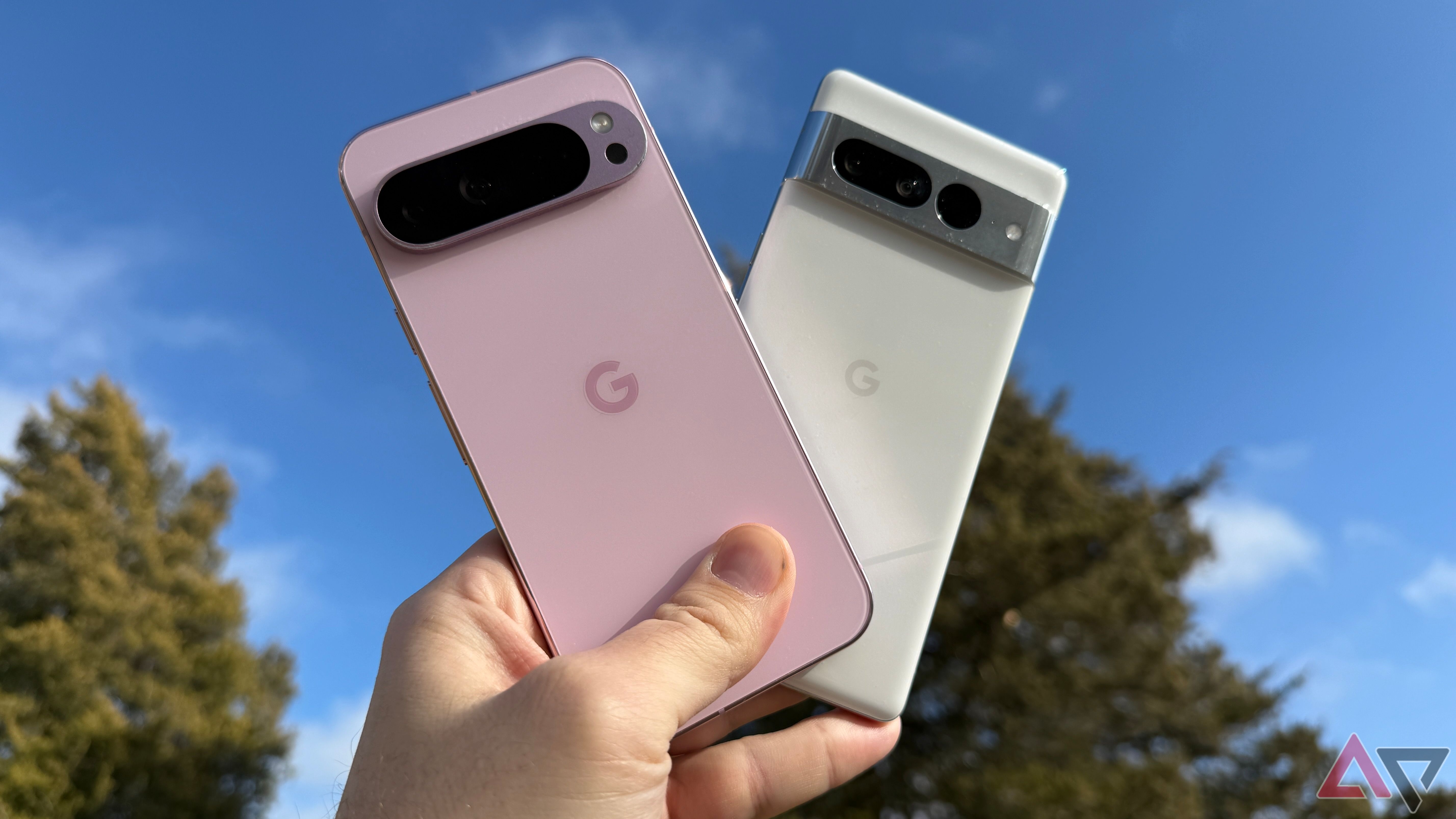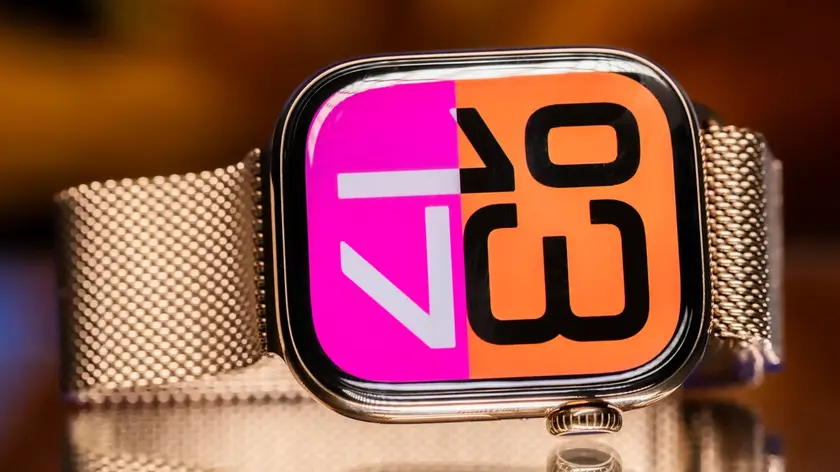T4K3.news
HTC Vive Eagle debuts with longer battery and AI options
HTC unveils the Vive Eagle in Taiwan, offering Gemini or ChatGPT support and a price around NT$15 600.

HTC launches the Vive Eagle with bigger battery and multi AI support, challenging Meta's Ray-Ban specs and signaling a more competitive AI glasses market.
HTC Vive Eagle Elevates Competition in Smart Glasses
HTC has unveiled the Vive Eagle smart glasses, setting out to rival Meta's Ray-Ban AI specs. The Eagle is described as slightly lighter and equipped with a larger battery, alongside Zeiss lenses for UV protection, and it supports both Google Gemini and ChatGPT as AI assistants. It also offers real-time translation across 13 languages, a notable improvement over Meta’s four-language coverage at launch. In terms of hardware, the two devices share core specs such as 32GB storage and a 12MP camera, but Eagle’s battery capacity of 235 mAh is a clear differentiator that could translate into longer on-device use. At least for now, HTC has priced the device for the Taiwan market at NT$15,600, roughly $520, and pre-orders include two years of Vive AI Plus. The glasses are currently available only in Taiwan, with no announced international rollout window.
HTC’s pricing and distribution approach signals a strategic bet on a premium experience backed by broader AI support. The Taiwan-only start, paired with a bundled AI plan, suggests the company expects early demand to come from tech enthusiasts and early adopters who value AI versatility and language translation, rather than mass-market price sensitivity alone.
Key Takeaways
"Vive Eagle blends style with real AI power"
Comment on design and capability
"All day AI on your face finally feels practical"
Assessment of everyday usefulness
"Two AI assistants mean flexible, not fixed, smart glass use"
Editorial note on ecosystem approach
"Taiwan is the first test for a global push"
Launch geography and rollout implications
The move intensifies the race to make AI wearables a staple, not a niche. By giving users a choice between Gemini and ChatGPT, HTC eyes developers and services beyond a single ecosystem, potentially widening the glasses’ appeal. The combination of longer battery life and a lighter fit adds practical value that could translate into real-world use rather than showroom interest.
Yet price and geography matter. A $520 price tag sits well above Meta’s Ray-Ban baseline, and a Taiwan-first rollout raises questions about international momentum. If global availability drags, early excitement could fade, even as HTC proves the concept is viable and growing. The next few months will reveal whether a multi-AI strategy and new hardware can convert interest into durable sales.
Highlights
- Vive Eagle looks stylish and powerful in one frame
- All day AI on your face finally feels practical
- Two AI assistants mean flexible, not fixed, smart glass use
- Taiwan is the first test for a global push
Pricing and limited rollout raise market risk
HTC’s higher price and Taiwan-only initial launch could limit early adoption and invite mixed reactions from consumers and partners. If international rollout lags, momentum may fade.
The launch shifts how we think about AI glasses and who gets to set the pace in this niche.
Enjoyed this? Let your friends know!
Related News

HTC unveils Vive Eagle AR glasses
Pixel Watch 4 upgrades arrive at same price
Pixel Watch 4 boosts design and AI features
Pixel 10 Series Preview
Pixel 10 lineup debuts with AI features
Pixel 10 set to debut Gemini AI upgrades

New product announcements at Made By Google 2025

Apple Watch Series 11 release window
